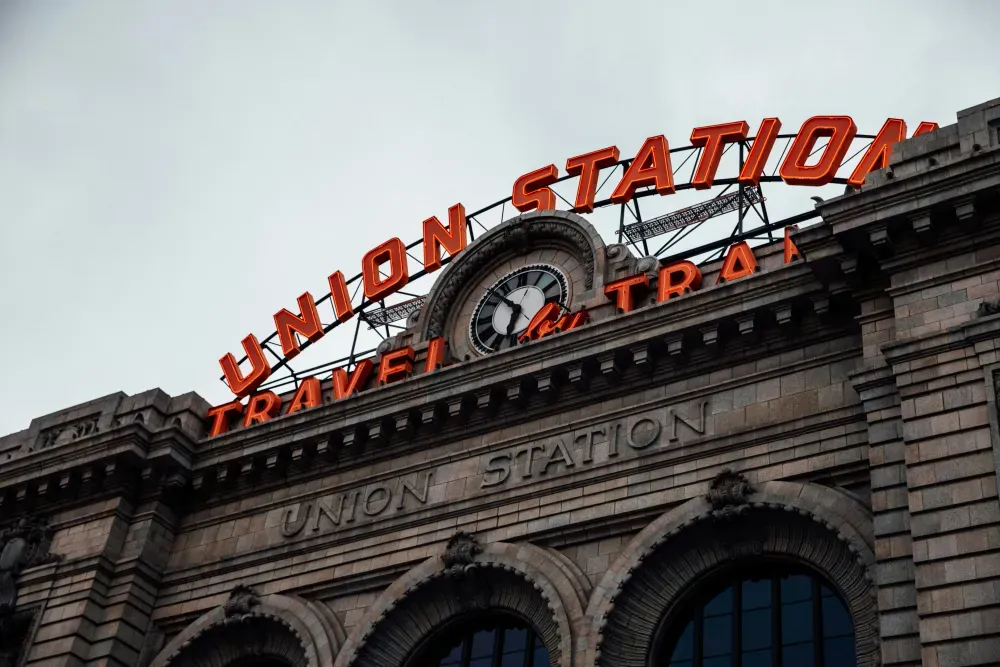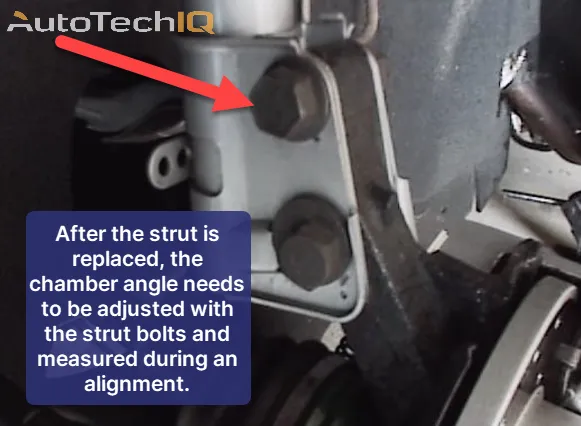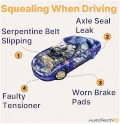
What Makes Denver, Colorado Special?
Denver is the capital of Colorado. This historical city dates back to the Old West American era and features many historical landmarks, architecture, and locations. Additionally, the city, also known as The Mile High City, has an amazing modern urban presence, offering flashy night-outs, arts and culture, and sophisticated Michelin-star locations.
Colorado itself is a state with amazing natural landscapes and adventure opportunities, featuring endless tours to explore rivers, forests, nearby mountains, and much more. Fortunately, Denver is a few miles away from many of the state’s natural wonders, making it easy to build great schedules for urban and nature adventures in short periods.
Denver’s community is bubbly. The city locals are warm in providing the best attention and care to improve tourists’ experiences. You’ll find many weekly local events, non-profit organization meet-ups, and daily community gatherings happening even in residential areas in a Southwest neighborhood.

Top Neighborhoods in Denver, Colorado
-
Country Club
-
Hilltop
-
Belcaro
-
Washington Park
-
University Park
-
Cherry Creek
-
Cory-Merrill
-
Wellshire
-
South Park Hill
-
Platt Park
-
Washington Park West
-
Lowry
-
Sloan Lake
-
West Highland
-
Central Park
-
Lower Highlands
-
Congress Park
-
Highland
-
Berkeley
-
Montclair
-
Outer Stapleton-East Denver
-
Southmoor Park
-
City Park
-
Auraria
Explore the city
-
Rocky Mountain National Park: The Rocky Mountain National Park is a wonder on its own. This privileged region offers jaw-dropping scenery, various wildlife spottings, and numerous unique rock formations. This tour in particular is a full-day adventure walking famous trails with professional guides and passing through small towns and villages full of souvenirs and unique traditions.
-
Pikes Peak and Garden of Gods: Pikes Peak and Garden of Gods are two of Colorado’s top natural sights. This particular small group tour is guided and is a full-day trip to Pikes Peak and the Garden of Gods using transfer so the course from one hike to another is fast and enjoyable. The are is also good for camping; if that’s your vibe, it’s recommended to camp around July for about three days.
-
Denver Botanic Gardens: Denver’s Botanic Gardens sits at York Street and is a mix of various garden types featuring flowers, trees, and vegetation from the whole world. The garden’s aesthetic is amazing for pictures, having ponds, decks, parks, colorful flowers, and great lighting.
-
Coors Field: Coors Field is a historic stadium that has received baseball matches since 1962. There are numerous weekly events happening at this stadium, and its architecture is inviting, with great acoustics, sunlighting, and food & beverage spots; it’s a must-go location to build a connection with some of the sporty vibes around Denver.
-
Denver Museum of Nature & Science: The Denver Museum of Nature and Science organizes a wide array of historical, geological, and scientific curiosities about the Rocky Mountains area. The museum’s exhibitions feature dinosaur fossils, raw minerals, antique artifacts, and prehistoric and wildlife representations with lots of information.
-
Mount Blue Sky: Mount Blue Sky is a fond name given to Mount Evans because of the unlimited view you get after reaching the mount’s top. At the peak, you’ll be able to see the region’s entire geography with scenic views of mountains, lakes, rivers, etc. Of course, the route to the peak allows you to see some of the local animals like goats since it’s well-preserved, meeting animal welfare guidelines. Pro tip: in the afternoon you might get a privileged view of the sunshine.
-
Denver Union Station: The Union Station holds various of Denver’s most privileged urban entertainment businesses. The Downtown Denver location features award-winning restaurants, famed retail stores, and the luxurious Crawford Hotel.
-
Denver Art Museum: This museum features various artifacts about the native’s local history; it also holds the only major Asian art collection in the Rocky Mountains. The museum’s architecture is jaw-dropping and a must-go location to learn more about the region’s arts and culture.
-
Denver Zoo: The Denver Zoo is completely packed with animals from all around the world and Rocky Mountain’s wildlife. The zoo is home to 4,100 animals, summing up more than 600 species. The zoo is gigantic, with conveniences and souvenir stores, different biome exhibitions, aquariums, and more.
Top Services and Makes in Denver, Colorado
FAQ About Car Repair in Denver
How do you know if you have a good mechanic in Denver?
Finding a trustworthy mechanic can feel overwhelming. The city's online reviews on Google, Yelp, or the Better Business Bureau are a great start. Recommendations from friends and neighbors are valuable too. When interacting with shops, good signs include clear explanations of car problems, upfront cost discussions with your approval before work begins, written warranties, and experience with your car's make and model. Get quotes from a few shops and don't hesitate to ask questions. With this approach, you'll be on your way to building a relationship with a reliable mechanic in Denver.
Plus, you can also check the shop’s transparency level (which measures how much they’re concerned about customer education and choice of repair) by seeing if the shop has specific certifications. For example, the AutoTechIQ certification certifies shops that perform specific DVI and inspections with a customer-education focus and a set of service guidelines.
What car repair takes the longest in Denver?
Predicting the absolute longest car repair in Denver is tough, but some repairs consistently take a long time. Engine rebuilds, requiring meticulous disassembly and part replacement, can stretch into weeks. Extensive electrical issues can be time-consuming to diagnose and fix due to hidden wires and complex systems. Major transmission repairs, like overhauls, are intricate and can take a significant amount of shop time. Collision repairs, especially involving extensive bodywork or frame straightening, can be lengthy depending on the damage and parts availability. Ultimately, the repair time can also be influenced by parts backorders, especially for less common vehicles.
Is it worth restoring an old car in Denver?
Whether restoring an old car in Denver is worthwhile depends on your goals and resources. If you enjoy the process of tinkering and have the mechanical aptitude or a good budget to hire help, then the sentimental value and satisfaction of bringing a car back to life can be very rewarding. However, car restoration is rarely profitable. It's a significant investment in time and money. Consider the car's value after restoration, the availability and cost of parts, and your own mechanical skills before diving in.
What is the most common car repair in Denver?
Our database shows that Denver has a common driveability issue concern among car owners. More specifically, starting issues. For instance, on one occasion, a customer stated having a hard time getting the car to start; it would sometimes crank but not start. This was happening in intervals, and it happened the day she took the car to the shop. Mechanics quickly looked at the car and suspected a possible clutch sensor pedal issue. Still, the car requires a proper inspection to really ensure what’s causing the issue.
Another problem auto shops commonly service around Denver is steering noises. On one occasion, a car owner reported clunking noises when backing up or going forward into the parking space and turning in either direction; the vehicle’s rack and pinion were replaced the year prior. Then, the technician thoroughly inspected the vehicle’s suspension, using specialized tools and tests. In this case, the front strut assembly and front lower control arms required replacement.

These reports are from shops around the West Crestline Avenue area. In both cases, inspections were recommended.






